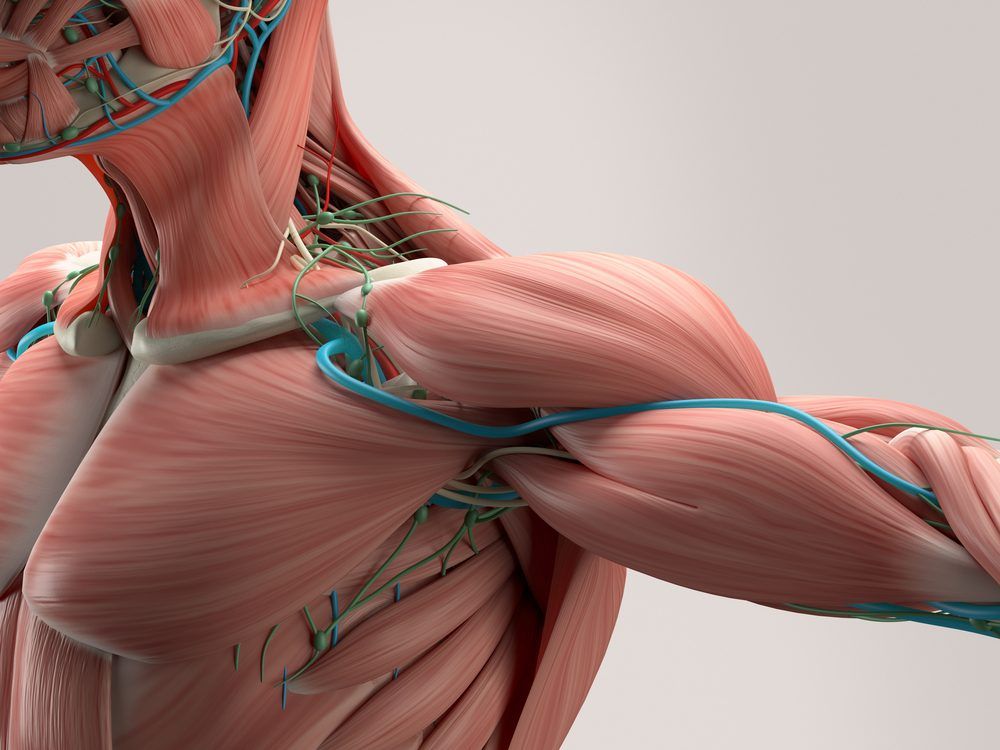Skeletal Muscle FSHD (Facioscapulohumeral Muscular Dystrophy)
Facioscapulohumeral muscular dystrophy (FSHD) is a genetic disorder characterized by progressive muscle weakness and atrophy, predominantly affecting the muscles of the face, shoulders, and upper arms.
FSHD is associated with a contraction of the D4Z4 repeat sequence on chromosome 4, leading to decreased repression of the DUX4 gene. Abnormal expression of this gene is thought to contribute to muscle degeneration in FSHD.
This condition is usually inherited in an autosomal dominant manner, and its onset can vary, with symptoms typically appearing in late adolescence or early adulthood. The severity of FSHD is variable, ranging from mild muscle weakness to significant functional impairment.
While there is currently no cure for FSHD, management focuses on addressing symptoms through physical therapy and assistive devices. Ongoing research aims to better understand the genetic mechanisms underlying the disease, potentially paving the way for future therapeutic interventions.















